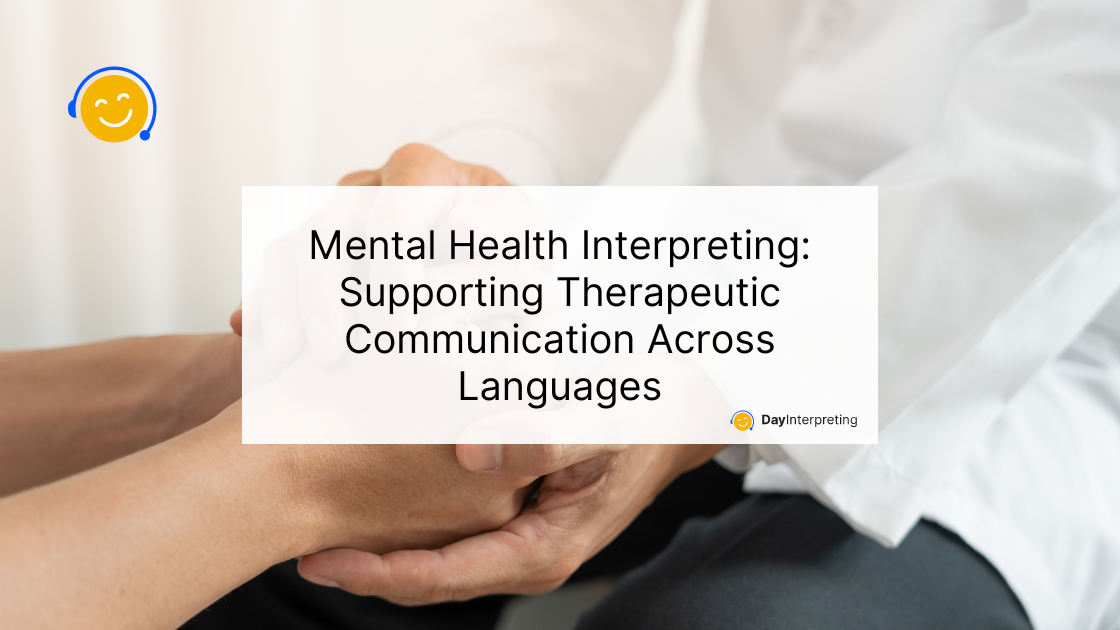In the vast realm of healthcare, where every word and nuance matters, mental health interpreting plays a crucial role in ensuring effective communication between mental health professionals and their diverse clientele. This specialized field goes beyond mere language translation; it delves deep into the intricacies of emotions, thoughts, and cultural nuances. Let’s embark on a journey to explore the vital role of mental health interpreters and how they support therapeutic communication across languages.
Understanding the Role
Imagine a scenario: a person seeking mental health support enters a counseling session. However, there’s a language barrier between the client and the counselor. Mental health interpreters step in as bridges of understanding. They facilitate meaningful communication by accurately conveying not just words but also emotions, cultural context, and non-verbal cues.
The Challenges Faced in Mental Health Interpreting
Mental health interpreting presents unique challenges. Interpreters must navigate sensitive topics such as trauma, grief, and personal struggles with empathy and professionalism. They must also maintain confidentiality while ensuring accurate and complete interpretation and managing their emotional reactions to the content being discussed.
Cultural Sensitivity and Empathy
One of the pillars of effective mental health interpreting is cultural sensitivity. Interpreters must be aware of cultural differences in expressing emotions, seeking help, and coping mechanisms. This awareness enables them to interpret both words and the underlying cultural context, ensuring that the therapeutic message remains intact across languages.
Building Trust and Rapport
Establishing trust and rapport is crucial in therapeutic settings. Mental health interpreters play a pivotal role in this process by creating a safe and supportive environment for communication. Their ability to convey empathy, understanding, and a nonjudgmental attitude helps foster trust between the client and the mental health professional.
Training and Professionalism
Becoming a mental health interpreter requires specialized training and skills. It goes beyond language proficiency to include ethics, confidentiality, mental health terminology, and cultural competence training. Professional mental health interpreters adhere to strict codes of conduct, ensuring professionalism, accuracy, and respect for client confidentiality at all times.
The Impact of Quality Mental Health Interpreting
Quality mental health interpreting can profoundly impact therapeutic outcomes. When clients can fully express themselves in their native language without the barrier of misunderstanding or misinterpretation, therapy is more effective. Interpreting promotes a deeper understanding of clients’ needs, feelings, and experiences, leading to more personalized and impactful interventions.
Wrapping Up on Mental Health Interpreting
In the realm of mental health, where communication is the cornerstone of healing, mental health interpreters play a vital role in bridging linguistic and cultural gaps. Their dedication, empathy, and professionalism significantly support therapeutic communication across languages, ensuring everyone has access to quality mental health care, regardless of their language or cultural background.
Through their expertise, mental health interpreters facilitate communication and promote understanding, empathy, and inclusivity in mental health settings, ultimately contributing to the well-being of individuals and communities worldwide.





0 Comments